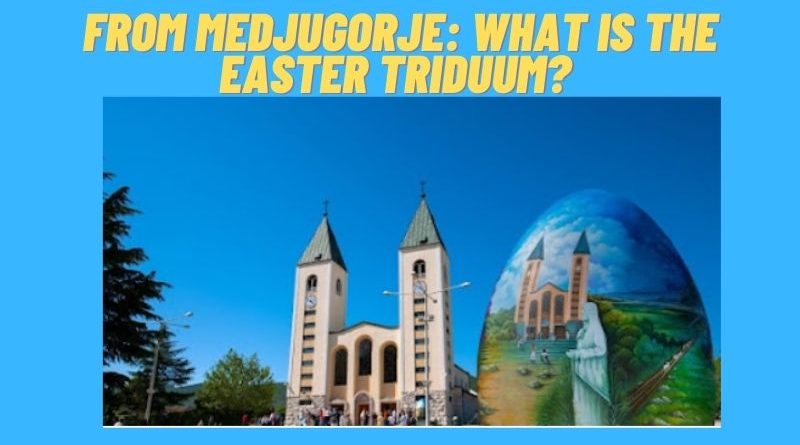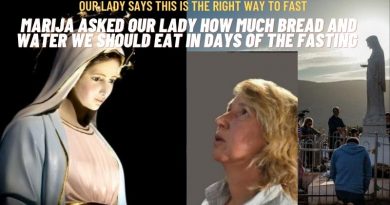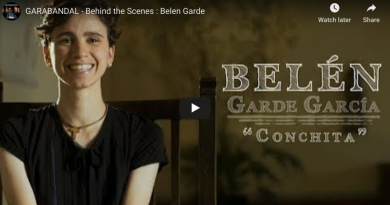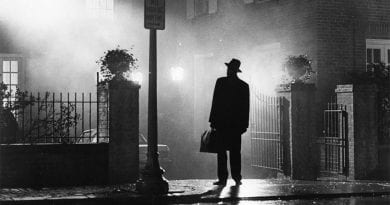From Medjugorje: What is the Easter Triduum?
What is the Easter Triduum?
The Easter Triduum, full of rites and celebrations, constitutes for Christians the heart of the liturgy as a memorial of the essence of faith in Jesus Christ who died and rose again.
The term “Easter triduum” refers to the three days preceding Easter Sunday, in which the passion and death of Christ is commemorated, before the Resurrection on Easter day.
According to the Roman Catholic Rite, the Triduum begins with Vespers on Holy Thursday and the celebration of the “Lord’s Supper” and ends with Vespers on Easter Day.
The main celebrations are:
* The Evening Mass (Lord’s Supper) on Holy Thursday;
* Liturgical Action on Good Friday;
* The Easter Vigil on the night of Holy Saturday;
* The Celebration of Easter on Sunday.
Holy Thursday begins with the Chrism Mass, a celebration that takes place in the morning and which, especially for priests, is of considerable importance. In fact, during this celebration not only the holy oils are blessed, but the priestly promises are also renewed.
Each Bishop presides over this celebration in his own cathedral, in which all presbyters are invited to participate.
In the afternoon of Holy Thursday, with the evening Mass “in the Lord’s Supper”, the rites of the Easter Triduum officially begin.
During this liturgy the traditional rite of the “washing of the feet” takes place, recalling the last supper of Jesus and, above all, the institution of the Eucharist.
On Good Friday, the day in which the crucifixion, death and deposition of Jesus is remembered, a “liturgical action” and the adoration of the Cross take place.
On this day and the following day (Holy Saturday), the Church, by very ancient tradition, does not celebrate the Eucharist.
The celebration of the Lord’s Passion takes place in the afternoon. The two aspects of the mystery of the cross are commemorated together: the suffering that prepares the joy of Easter, the humiliation and shame of Jesus from which his glorification di lui arises.
The Via Crucis is traditionally celebrated on the evening of Good Friday. For Catholics, Good Friday is a day of penance, fasting and abstinence.
Holy Saturday is an “a-liturgical” day, that is, devoid of liturgies. No celebration takes place, except in the evening the great Easter vigil, which St. Augustine defined as “the mother of all Vigils”.
The Catholic Church invites all the faithful to participate, if they can, in the main celebrations of the Easter Triduum, that is the evening Mass “in Cena Domini” on Holy Thursday, the liturgical action in the church on Good Friday, the Easter Vigil on Holy Saturday, the Mass of Resurrection Sunday, since these celebrations are the deepest nucleus of the Church’s liturgy, and therefore are more important than the other devotions that also accompany the liturgy in these days, such as processions and the Via Crucis.
It is in the days of the Triduum that the heart and essence of the whole Christian faith is enclosed. The root of faith in Jesus Christ, who died and rose for the salvation of humanity, is in the celebrations of these mysteries.
Characteristic of the Triduum celebrations is that they are organized as a single liturgy; in fact the Mass in Coena Domini does not end with the itite missa est (“the Mass is over”), but in silence; the liturgical action of Friday does not begin with the usual greeting and with the Sign of the Cross and also ends without greeting, in silence; finally the solemn vigil begins in silence and finally ends with the final greeting.
The Easter Triduum therefore constitutes a single solemnity, the most important of the whole Catholic liturgical year; from the Glory of the Thursday mass to that of the Vigil the bells must remain in liturgical silence;in ancient times even the musical instruments had to be silent on Friday and Holy Saturday, up to the Easter Vigil, to better express the penitential sense of these days; for this reason many compositions by ancient authors for Good Friday were written for choir alone.
Today, however, the use of musical instruments is allowed during the celebrations of these days, even if only to support the singing.
The Pope, in Rome, will preside over all the main functions of Holy Week.





